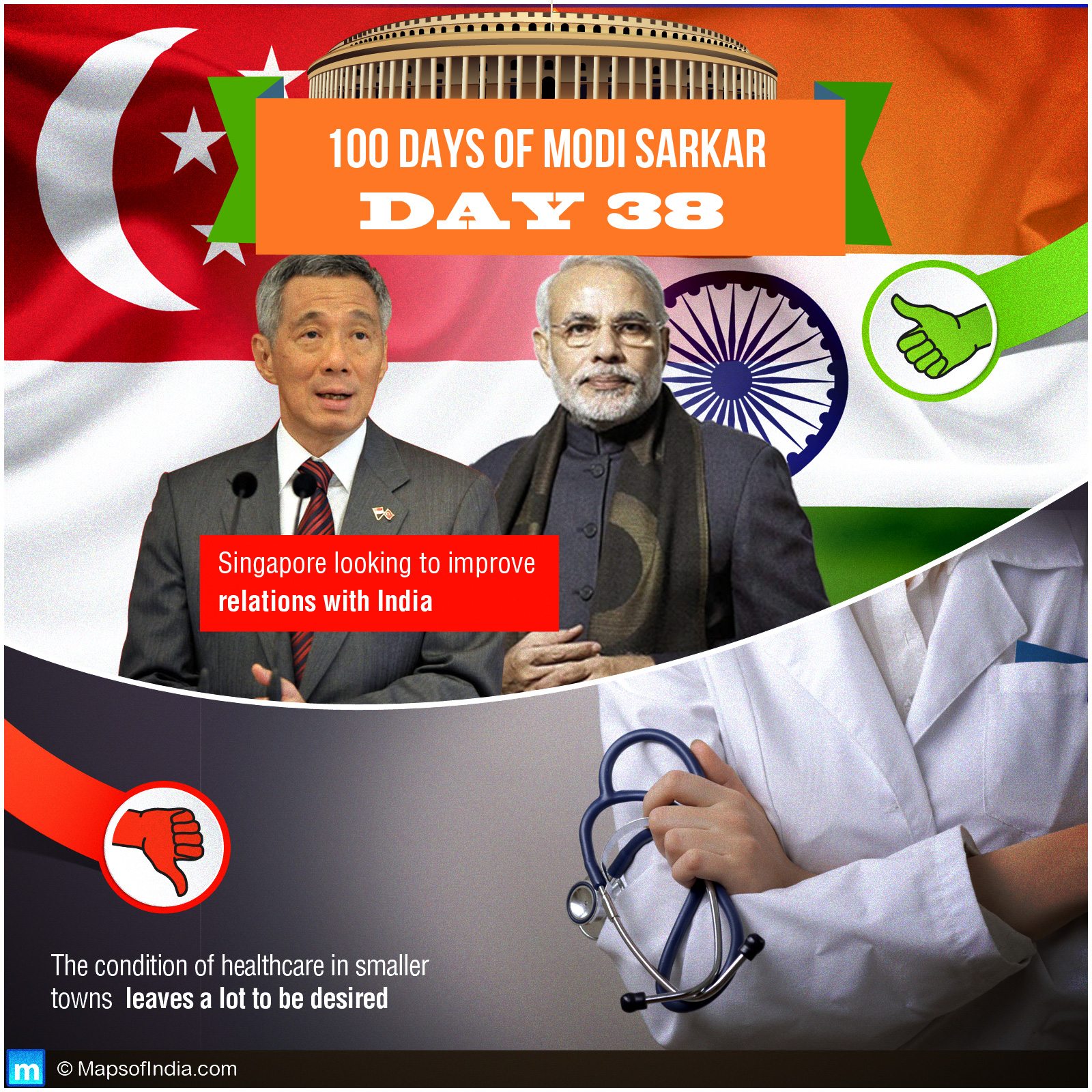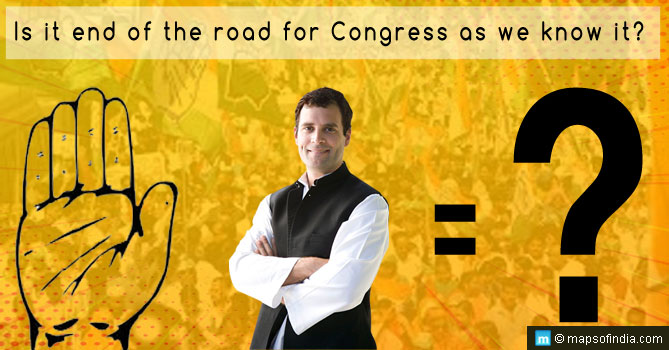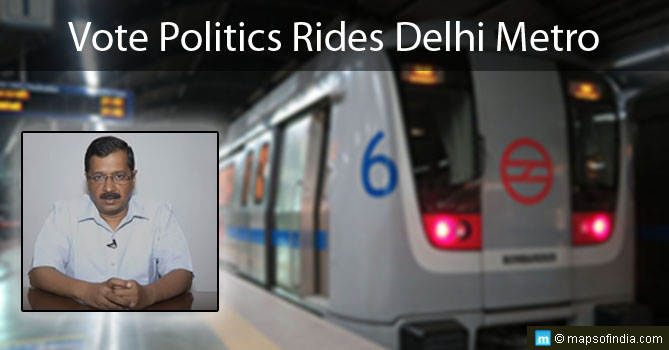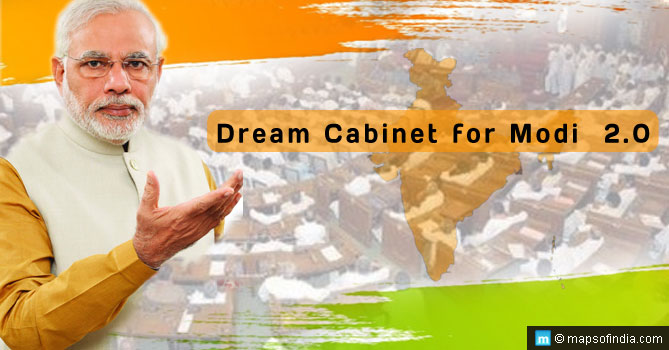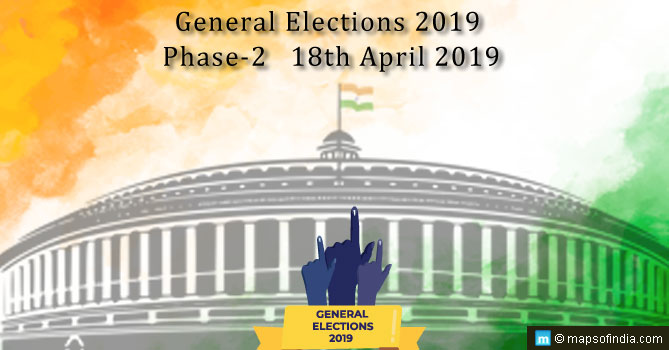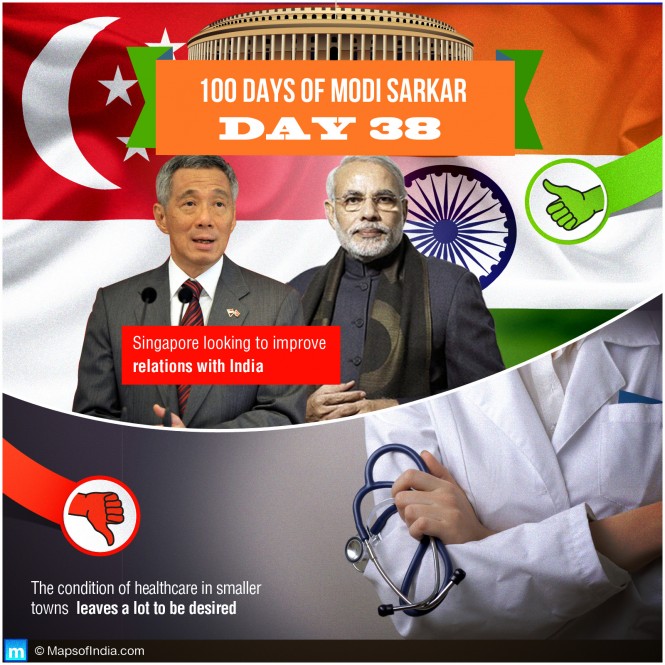
On the 38th day of Narendra Modi’s reign Singapore has offered assistance to India as far as constructing smart cities across the country is concerned. In fact this is one of the dreams that the Prime Minister has nurtured. The yet to be announced budget is expected to play a major role in this considering the importance of benefits it provides in the end to investors from outside the country. K Shanmugam, the Foreign Minister of Singapore visited India recently and had a meeting with Sushma Swaraj and Ajit Doval, the National Security Advisor.
Singapore comes calling
This was the first visit by a foreign minister from Southeast Asia after Modi was voted in as the PM of India. In his meeting with his Indian counterparts Shanmugam stressed that India should play a bigger role in the region considering the recent tensions pervading in the same. Singapore is also looking to increase its defense cooperation with India. In fact the Southeast Asian country, noted for its sound economy and overall development, is also waiting for India to loosen its norms pertaining to FDI. The defense minister of Singapore is supposed to visit India during August this year. Both the countries enjoy a cordial relationship with Singapore being a major exporter of arms to India.
Economy
Only a few days are left for the Union Budget 2014-15 to be presented at the parliament. Before that Arun Jaitley, the finance minister, will have a meeting with UK Sinha, the Chairman of the Securities and Exchange Board of India (SEBI). The investment climate in India is a major problem and it is expected that in the meeting Sinha would be suggesting some ways out of the same. It is believed that he will be advising on how household savings can be inducted into the capital market.
It is expected that Sinha will also look to impress upon Jaitley the need to make more retail investors take part in the equity and mutual fund market. The budget will be presented at the parliament on July 10. SEBI, which regulates the capital markets in India, has been saying that it is necessary to have a common tax system for all investment vehicles for retired people. This should be done irrespective of the way the investment is done. Recently some mutual funds have launched pension products. It is believed that Sinha will ask for them to be accorded the same treatment that is reserved for the Employees’ Provident Fund Office retirement funds.
Technology
One of the areas where the Modi administration would do well to look into is the situation of internet services available across the country especially with regards to speed. A new study has shown that India has the lowest average speeds of internet services for users in Asia. The mean speed in India is 1.7 MBPS while for the world the average comes to 3.9 MBPS – this significant difference shows the poor condition that the internet users in India find themselves to be in. In fact, the said study took into account 14 countries from the Asia Pacific region.
From the same study it has also been revealed that in the first three months of 2014 there has been a decrease of 1.5% in the average highest connection speed of internet services in India. Narendra Modi, though, has been an avid user of social media platforms such as Facebook and Twitter and has made them integral parts of the overall governance procedure. In fact he has allowed Twitter unfettered access to matters pertaining to his administration. As per the social media giant from the US this is a major part of Modi’s initiative to make social media a major part of government.
Environmental protection
Prakash Javadekar, the Minister of State for Environment, Forests and Climate Change, has stated in a meeting with a team of delegates from France that India will play a positive role when it comes to the important matter of climate change. Javadekar had a meeting with Laurent Fabius, the Foreign Affairs and International Development Minister of France, who was heading the said delegation. He has said that a certain portion of the Green Climate Fund would be employed for financing the operational expenses of IPRs.
These IPRs are expected to assist the developing countries get hold of the latest technological tools that help them develop in such a way that it is environmentally sustainable. He also spoke in the meeting about the initiatives that Narendra Modi had taken in his capacity as the chief minister of Gujarat – he had set up an independent department to work on climate change and also focused on developing sources of renewable energy like solar energy. The State Minister also emphasized how, by adding the words climate change to the Environment Ministry, the government had shown its dedication to this issue.
Health
Doctors in private as well as government hospitals and healthcare units have asked the Indian Government to increase the amount being allotted for the health sector in the upcoming budget. As of now the health sector receives only 0.9% of the GDP – the doctors have requested that this amount be taken up to 3%. Dr. CS Yadav, who is a professor at the orthopedics department of AIIMS, has stated that in Sri Lanka the amount kept aside for the health sector is 6-7% of the GDP. Yadav feels that for a big country like India the allocation should be commensurate enough. He has also pointed out that Pakistan spends a comparatively higher amount on health than India.
They have also urged the government to look at other key problems plaguing the health scenario of India – the absence of multi-specialty facilities at both private and government hospitals with the problem being acute in the smaller towns. Quite often it has been seen that if there is an emergency situation either at the time an operation is on or after its completion there are no arrangements or specialists to deal with the same. The doctors have also asked the government to encourage research and development especially of Indian instruments and products in the healthcare sector.
Sports
Sarbananda Sonowal, the Sports Minister (state) of India has stated that he does not oppose the autonomy of the national sports federations (NSFs) in India. However, at the same time he has also stated that he would want them to be held accountable for their actions. The minister, who hails from Assam, has also revealed that the Union Sports Ministry is looking to get a system in place where the NSFs could be held responsible but without curbing the autonomy that is presently enjoyed by them. He has also stated that there is a need for these federations to perform at the level expected of them by the common people in India.
Sonowal has stated that it is important that the NSFs maintain a certain amount of discipline that will allow them to attain a definite standard in their performances. The state minister for sports has stressed on the need for a democratic setup that allows smooth functioning of the different stakeholders in the domain.
Now let’s take a look at the important economic parameters of the day gone by:
| Indicators | Value | Rise/Fall |
| SENSEX | 25841.21 | 324.66 |
| NIFTY | 7725.15 | 90.45 |
| Rupee/Dollar | 59.69 | -0.38 |
| Gold | 27,654 | -92 |
| Silver | 44,750 | -452 |
| Crude oil | 6240 | -61 |
2 Years of Modi Government
One Year of Modi Sarkar
Top Programmes Launched by Modi
Pradhan Mantri Yojana
Narendra Modi

